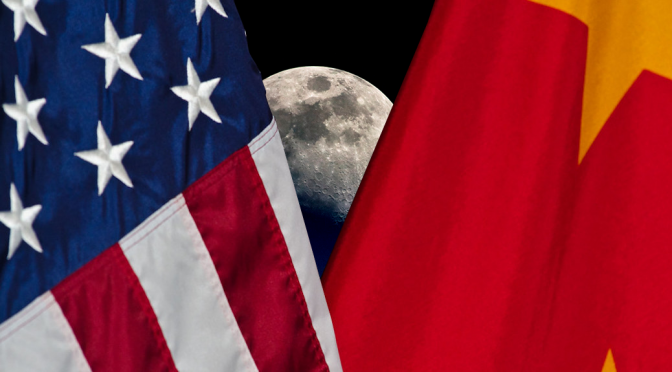As the race to space resurges, the United States’ great power competition with China has expanded to the space domain. Without a universally-observed rules regime governing space matters, the United States must be considerate in its engagement with China, acting with the future in mind to secure enduring advantages not only in space, but in all other competitive domains.
Through the “olive branch” and “fig leaf” approaches, Col. Matthew King analyzes the United States’ strategic options for cooperation and engagement with China on space matters, exploring the benefits and risks to the United States under each approach and outlining areas of mutual engagement in the space domain between the two countries.
King concludes that US leaders must gauge the threat posed by China in space, balanced against the advantages of cooperation, in order to formulate olive branch and fig leaf approaches that will promote US interests, mitigate Chinese gains, and secure systemic stability to cement sustained future US advantage.

